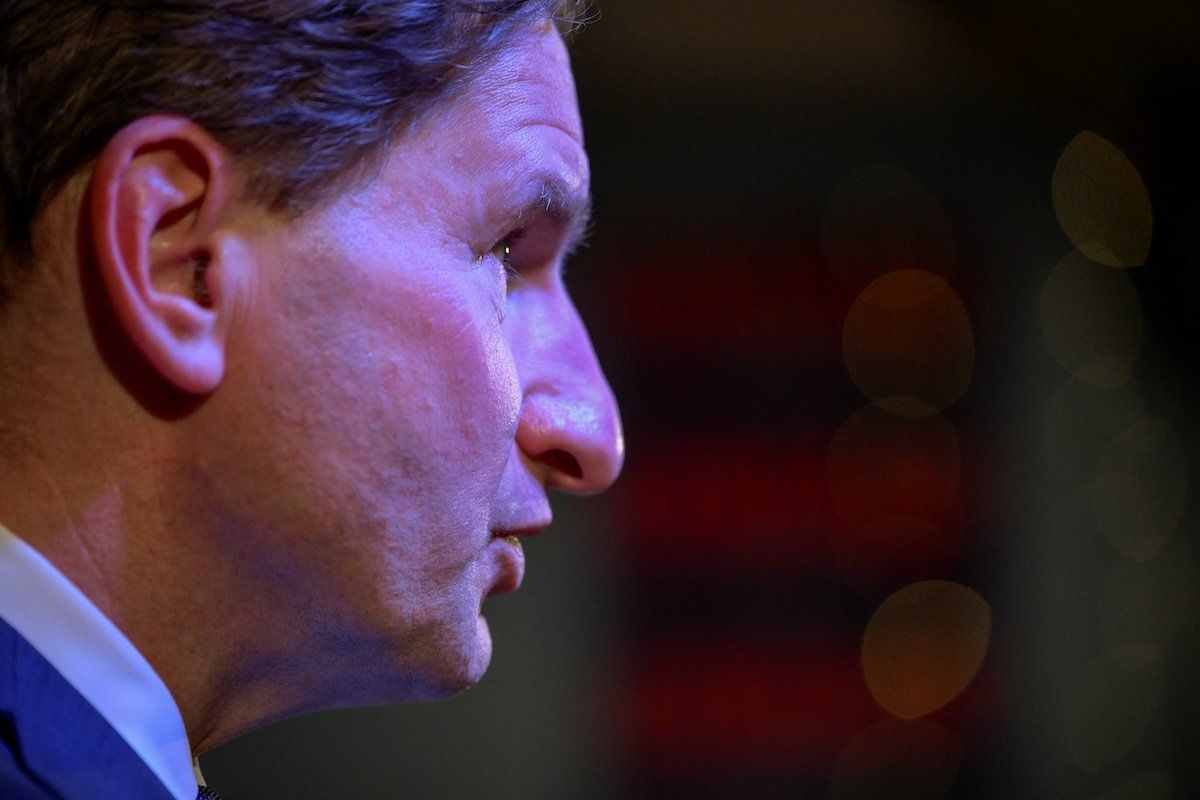For a brief moment this week, there were two Dean Phillips – the man and the bot. The human is a congressman from Minnesota who’s running for the Democratic nomination for president, hoping to rise above his measly 7% poll numbers to displace sitting President Joe Biden as the party’s nominee.
But there was also an AI chatbot version of the 55-year-old congressman.
A political action committee that’s raised millions to finance Phillips’ longshot bid for president from donors like billionaire hedge fund manager Bill Ackman, released an AI chatbot called Dean.Bot last week. It only lasted a few days.
The bot, which disclosed it was artificial intelligence, mimicked Phillips, letting voters converse with it like it was the real congressman.
The 2024 presidential election has seen AI-generated videos and advertisements, but nothing in the way of a candidate stand-in — until now. And for good reason: OpenAI, the company with the most popular chatbot, ChatGPT, doesn’t allow developers to adapt its software for political campaigning.
OpenAI took action against Dean.Bot, which is built on ChatGPT’s platform. The company shut down the bot and suspended access for its developer on Friday, saying the bot violated its terms of use. Funnily enough, the PAC behind the bot is run by an early OpenAI employee.
There are no current federal regulations prohibiting the use of AI in political campaigning, though legislation has been introduced intended to curb the politically deceptive use of AI, and the Federal Election Commission has sought public comment on the same issue.
Phillips the man, meanwhile, has had to resort to campaigning in the flesh in New Hampshire ahead of today’s primary since his AI doppelganger is nowhere to be found.
